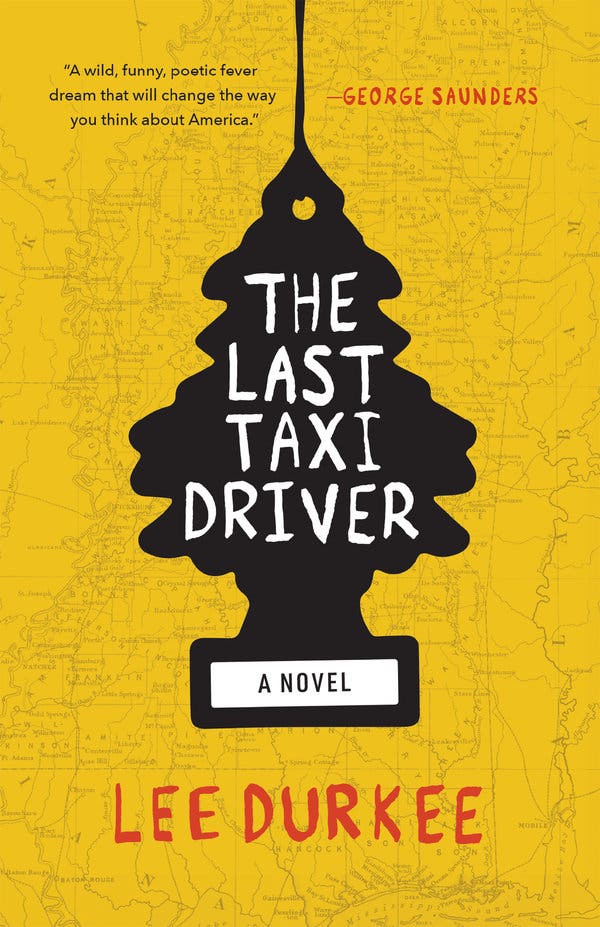It’s an ingenious setup for a novel, promising the reader the perfect vantage point for a panoramic view of society’s crosscurrents at a moment primed for revelatory confession. But deep down, Durkee seems relatively uninterested in the sociological; as Lou’s marathon shift drags on — fueled by stimulants, an anxiety disorder and flashbacks to various traumas — the increasingly fraught encounters end up revealing far more about himself, while his connection with his fares remains cursory at best. After spending half the ride itemizing their inadequacies, the most he has time for is the exchange of some grisly back story, which has to pass for intimacy. “Why bother?” Lou thinks. “They’ll be gone in 20 minutes. That’s the beauty of the job. No matter how weird it gets, or how terrible it smells, they will be gone soon.”

For a while, it appears that Lou’s journey will take him from solipsism to solidarity and compassion. On his breaks, Lou reads his estranged girlfriend’s book on Buddhism, and ponders the wisdom of the comedian Bill Hicks. Eventually, he acknowledges that others suffer too, that “somebody on earth — maybe millions of people on earth — are currently having worse days than I am having,” and that “life on this planet is hard, y’all.” Blessedly, though, Durkee avoids overcommitting to this easy out. The largest act of kindness Lou can muster toward a difficult passenger is to let him pick the music, the most transcendent experience a visit to Graceland. Which, fair enough. But “the spell doesn’t last long. Just that bug-zap of union before the bubble pops.” An adage comes to mind: Everyone forgets the day’s sermon the second they’re cut off in the church parking lot.
Instead of reaching an epiphany, Lou just keeps driving, further and deeper into a conundrum: “Is there a difference between hate and revulsion?” Durkee’s aims ultimately lie in probing, not deep existential pain, but a byproduct formed by occlusion and diversion, that sudden flash of extreme, virulent fury otherwise known as road rage, which leads one to drive around “flipping off my fellow citizens for committing driving infractions I am guilty of every hour.” In his beguiling, energetic, razor-sharp prose, Durkee pinpoints the justified resentment and righteous indignation that fuels such behavior, diagnosing it as a “yellow mind,” a psychological malady wherein one finds oneself “autocorrecting the world with a cuss-filled stream of consciousness.” This mixture of egotism, judgmentalism and aggrievement has a corrosive effect, like drinking poison and waiting for the other person to croak.
We all have a lot of anger these days, and for good reason. The question is what to do with that anger. Durkee, like any good novelist, doesn’t provide too many answers.
 EU News Digest Latest News & Updates
EU News Digest Latest News & Updates



